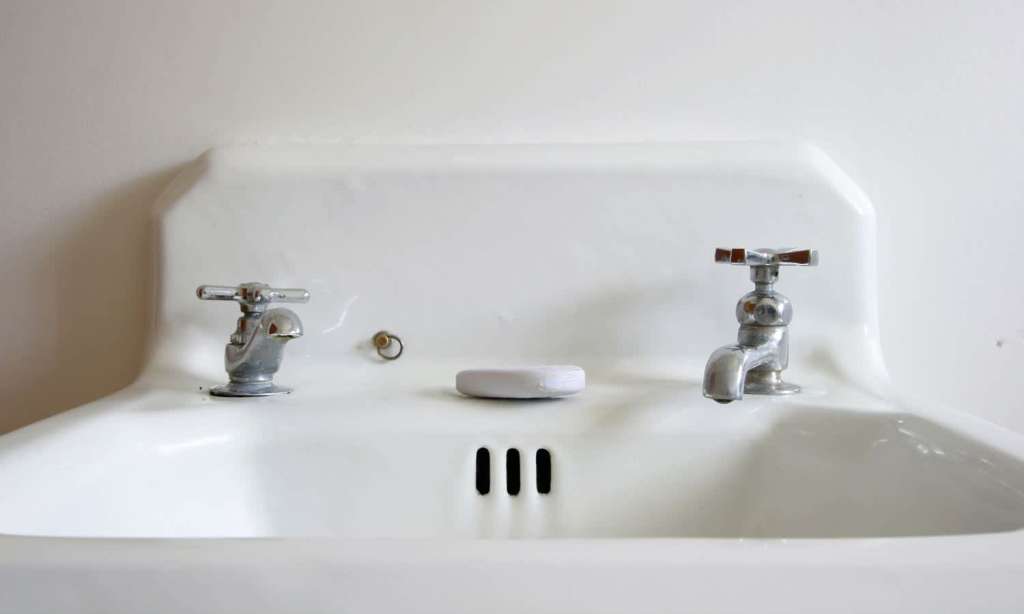Hand hygiene has never been so important (or discussed so frequently). With the outbreak of COVID-19, people were forced to examine their hand washing habits and just how thorough they were. Others just didn’t wash their hands much at all pre-coronavirus.
According to a new article by the ABC, there is a psychological competent to hand washing and it’s pretty fascinating. According to studies, humans generally have a bias “towards unrealistic optimism”. Basically, we often underestimate the probability of getting sick or other bad things occurring.
“There’s a huge group of people we’re seeing who are saying: ‘[Getting sick] will never happen to me. It will only happen to old people, it will only happen to frontline workers’,” Barbara Mullan, a professor in psychology at Curtin University, told the ABC.
Because the threat is invisible, it can make it harder for people to fully grasp the severity of the situation and easier to fall into a thought pattern of, ‘It won’t happen to me’.
Research out of the United States studied college students’ attitude towards hand washing and the connection between dirty hands and getting sick was lost on some of them.
“I don’t really associate the germs on my hands with getting sick,” one student said. “I just don’t think about the connection.”
According to Dr. Mullan, knowing the risk of poor hand washing isn’t enough to change habits. The social aspect of the practice plays a massive part and constantly being reminded to wash your hands because everyone else is doing it, is important.
“One of the things we know is that knowledge doesn’t change behaviour. But you at least need the knowledge to start that change,” Dr. Mullan told the ABC. “Powerful others and peers and social influence is massive. A lot of what we do is because we want to please others.”
To make hand washing a habit, you must be constantly reminded. Dr Zerina Tomkins teaches hand hygiene to nursing students at the University of Melbourne and despite her line of work, she even needs prompts and has notes on her front door to remind her to wash her hands when returning home.
“In the clinical setting, you have posters everywhere. And yet you don’t have those things reminding you as you go from work to your car or entering home,” she told the ABC. “People sometimes get really busy and if there’s no routine there, it’s highly unlikely you’ll remember because you’ll be interrupted 10 times.”
Hand washing has to be something you can do while on auto-pilot, despite whatever is going on in your brain. Creating a firm habit of washing your hands every time you return home is a good place to start.







